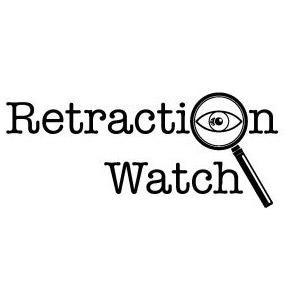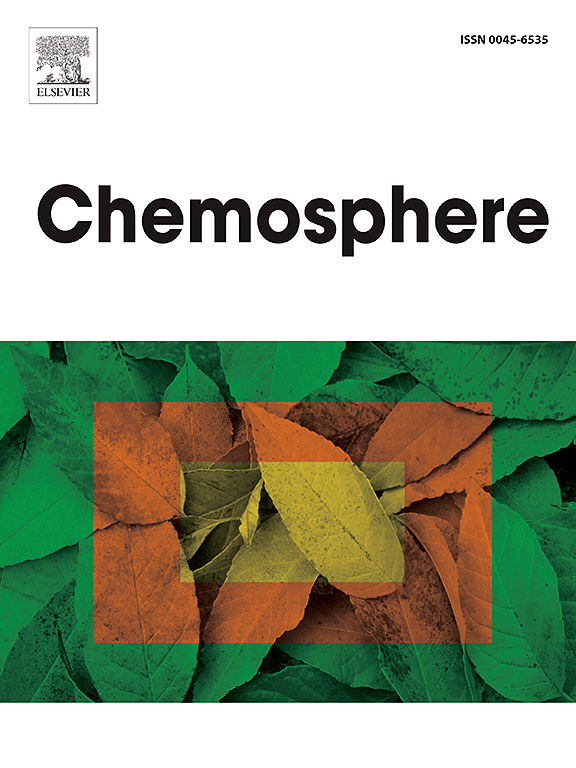
Dear RW readers, it’s not too late to make an end-of-year donation to support our work.
The week at Retraction Watch featured:
- Journals investigating dozens of papers by leading Canadian urologists
- Finland Publication Forum will downgrade hundreds of Frontiers and MDPI journals
- A look back at 2024 at Retraction Watch, and forward to 2025
- Evolution journal editors resign en masse to protest Elsevier changes
Our list of retracted or withdrawn COVID-19 papers is up past 450. There are more than 50,000 retractions in The Retraction Watch Database — which is now part of Crossref. The Retraction Watch Hijacked Journal Checker now contains more than 300 titles. And have you seen our leaderboard of authors with the most retractions lately — or our list of top 10 most highly cited retracted papers? What about The Retraction Watch Mass Resignations List — or our list of nearly 100 papers with evidence they were written by ChatGPT?
Here’s what was happening elsewhere (some of these items may be paywalled, metered access, or require free registration to read):
Continue reading Weekend reads: The top 10 stories of 2024; 31 novels about scientific misconduct; how retractions become weaponized






